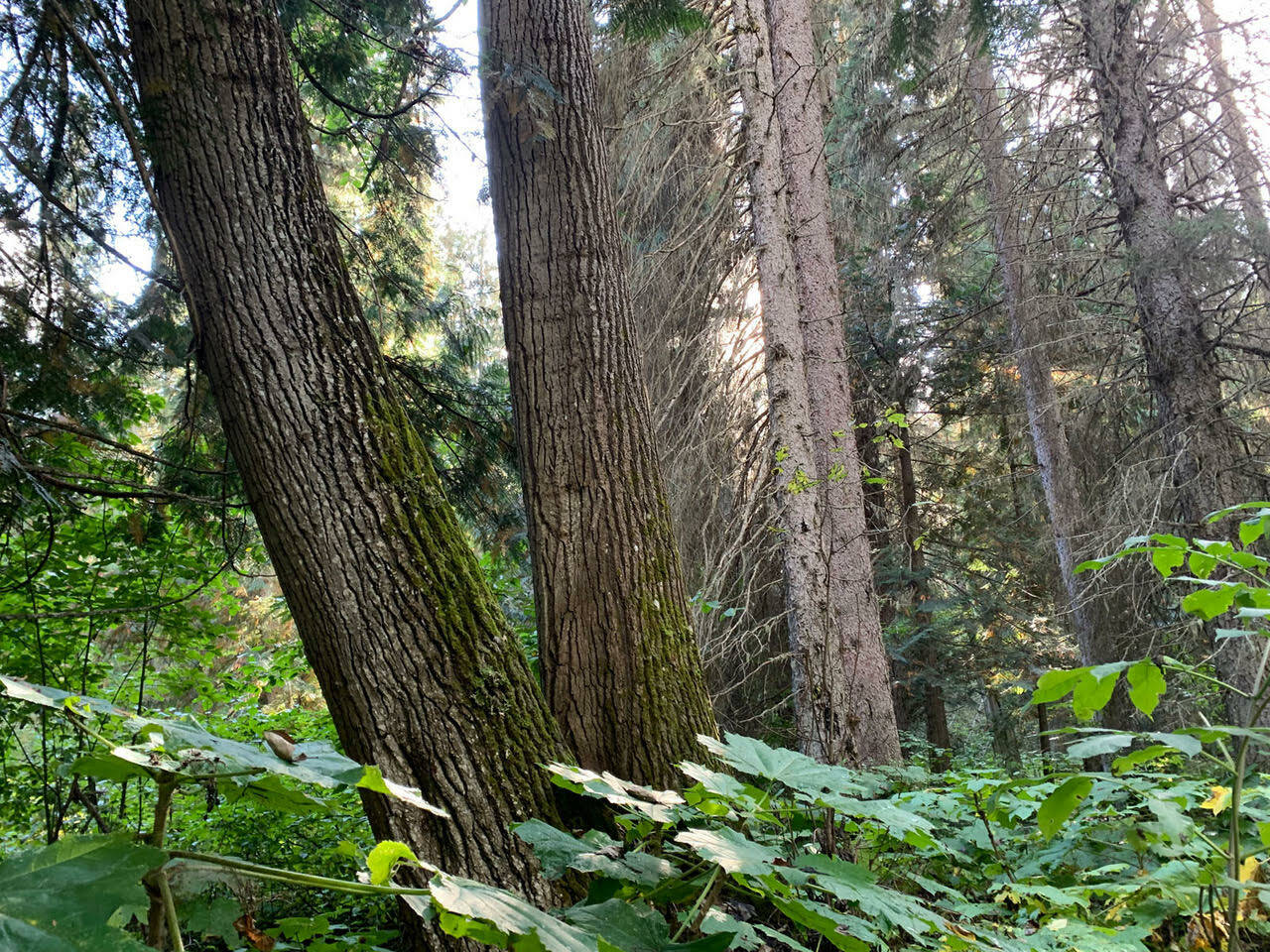National Forest Week is being celebrate across Canada this week Sept. 19-25, with Wildsight Golden taking the opportunity to once again speak out against what they call unsustainable logging practices in British Columbia.
While the Fairy Creek Blockade has been making headlines provincially and the Revelstoke Blockade (Revylution) making waves closer to home, Wildsight is reminding Golden residents that there are pockets of old growth that they want to protect as well.
Old growth forests are a part of the area’s natural heritage, says Wildsight, and provide important habitat for the endangered mountain caribou, whose populations have been dwindling fast in recent decades.
Wildsight calls old growth ‘unique and irreplaceable’, saying that they help mitigate some of the environmental repercussions from society and industry that younger forests cannot match.
Harvey Locke, member of the World Commission on Protected Areas, said, “Keeping temperate old-growth forests in British Columbia intact is important at every imaginable scale.”
Biodiversity is often cited as one of the primary reasons for protecting old growth, as they promote biodiversity and protect water systems while encouraging formation of healthy soil, while providing a home to many different plants and animals that cannot live in any other type of habitat.
Old growth forests can also act as carbon sinks and can help reduce emissions. They also can help mitigate the effects of climate change, as they are often more wildfire resistant than second-growth forests, and are resistant to flood and landslides.
They are more resilient than young forests and can deal with climate change because of their elaborate structural and species diversity.
These old forests store more water than young forests, decreasing the rate that spring snowmelt and storm water enter the river. Less sediment enters the waterways and water quality, fish habitat and property are protected.
These forests often have important cultural significance to Indigenous communities.
Old growth is being replaced by young, uniform forests that will never be able to grow old due to the short rotation of current forest management. Forestry jobs need better forest management and innovation in order for the industry to be sustainable for a long time, says Wildsight.

